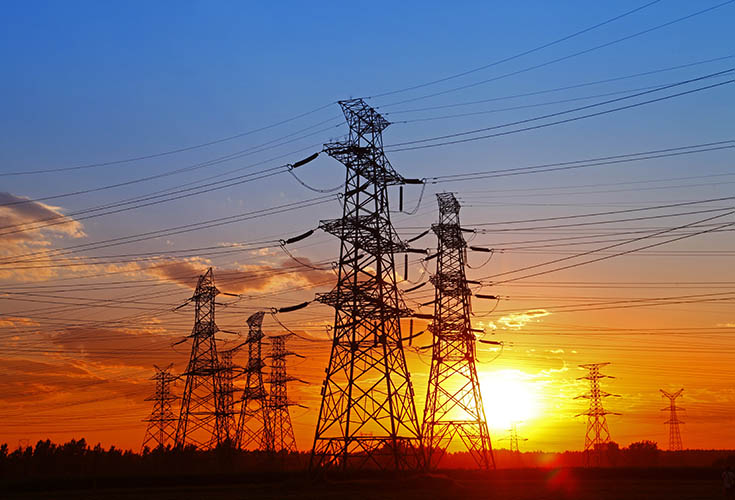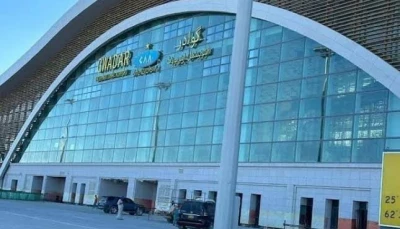PTBP Web Desk
Prime Minister Shehbaz Sharif on Thursday lauded the recently signed US-Pakistan trade agreement, calling it a landmark achievement that will bolster bilateral cooperation and open new doors for economic and energy partnerships.
In a post on his official X account (formerly Twitter), the premier expressed gratitude to US President Donald Trump for playing a pivotal role in finalizing the agreement, which includes collaboration on Pakistan’s untapped oil reserves and relief from proposed US export tariffs.
“I wish to convey my profound thanks to President Trump for his leadership role in finalization of the historic US-Pakistan trade agreement, successfully concluded by our two sides in Washington, last night,” Shehbaz Sharif wrote.
The agreement represents a significant step forward in strengthening the long-standing ties between the two nations.
“This landmark deal will enhance our growing cooperation so as to expand the frontiers of our enduring partnership in days to come,” he stated.
US President Donald Trump confirmed the agreement via a social media post, highlighting that the deal involves joint efforts to explore and develop Pakistan’s vast oil reserves.
“We have just concluded a Deal with the Country of Pakistan, whereby Pakistan and the United States will work together on developing their massive Oil Reserves,” Trump wrote.
“We are in the process of choosing the Oil Company that will lead this Partnership. Who knows, maybe they’ll be selling Oil to India someday!”
While detailed technical aspects of the oil cooperation have not yet been disclosed, Trump’s statement suggests that the project is not only strategic but could eventually impact the regional energy market, including exports to neighboring countries.
The landmark trade deal also comes at a crucial time for Pakistan’s export sector. Earlier this year, in April, the United States had announced tariffs of up to 29% on a range of imports from multiple countries, including textiles, apparel, and leather goods—all key Pakistani exports.
Pakistan was at risk of losing competitiveness in the US market under this plan. However, following diplomatic engagement and negotiations, Washington agreed to suspend these tariffs for 90 days, allowing both sides to work out a longer-term solution.
The resulting trade agreement is seen as a major diplomatic success for the Pakistani government and an essential move to stabilize and enhance trade relations with one of its largest export destinations.
According to analysts, the deal offers multi-sectoral benefits. It provides immediate tariff relief, assures increased market access for Pakistani goods in the US, and offers an opportunity to revive Pakistan’s struggling energy sector through foreign investment and technology.
If the joint oil development initiative progresses as expected, it could:
- Reduce reliance on oil imports, saving valuable foreign exchange
- Boost domestic oil production, creating jobs and energy security
- Attract further US investment in Pakistan’s infrastructure and energy supply chain
In the long term, this agreement could serve as the basis for renewed strategic engagement between Islamabad and Washington.
Industry stakeholders in Pakistan, especially from the textile and energy sectors, welcomed the deal. Business groups hope that the oil exploration partnership will bring much-needed FDI (foreign direct investment) into the country and that lower tariffs will help revive export growth, which has been stagnant in recent quarters.
Trade experts also see the agreement as a positive signal to other foreign investors. Improved diplomatic ties with the US could lead to greater economic stability, which is critical for attracting long-term investment in sectors like manufacturing, technology, and renewable energy.
The agreement also arrives at a time when geopolitical alignments are shifting globally. As China faces economic slowdowns and tensions remain high with Western powers, Pakistan appears to be diversifying its diplomatic partnerships.
Improved relations with the United States could offer Pakistan leverage in global trade talks, enhance its position within regional blocs, and potentially open doors to new multilateral collaborations, particularly in energy and climate resilience.
Both Islamabad and Washington are expected to release further details on the mechanics of the oil development plan, including which companies will lead exploration, the size of investment involved, and the timeline of execution.
Meanwhile, Pakistani exporters will be watching closely to see if additional tariff exemptions or preferential trade access are included in the final terms.
The government has also signaled plans to build upon this momentum with future agreements in digital trade, agriculture, and climate resilience, aiming to convert this diplomatic success into long-term economic gains.




